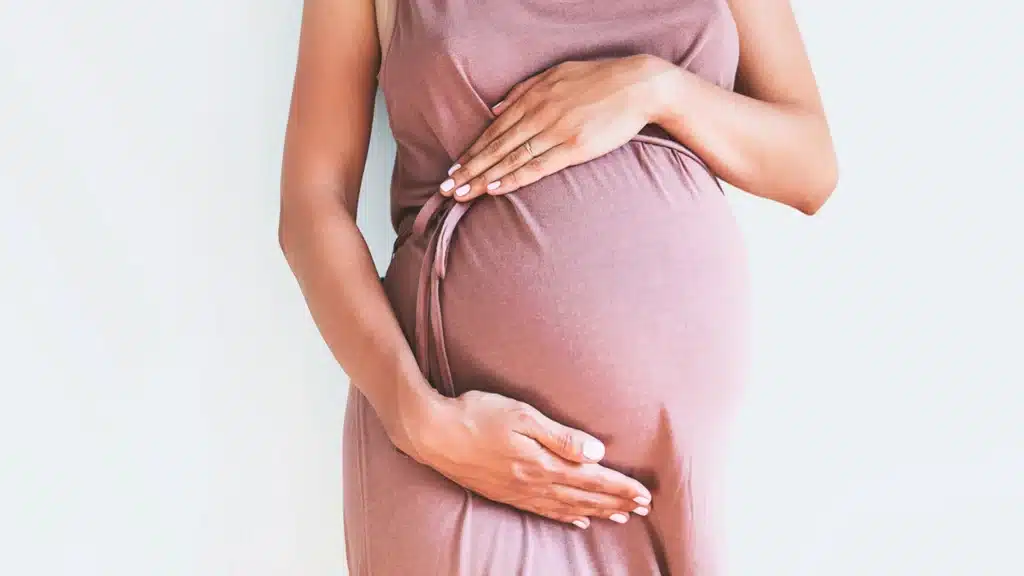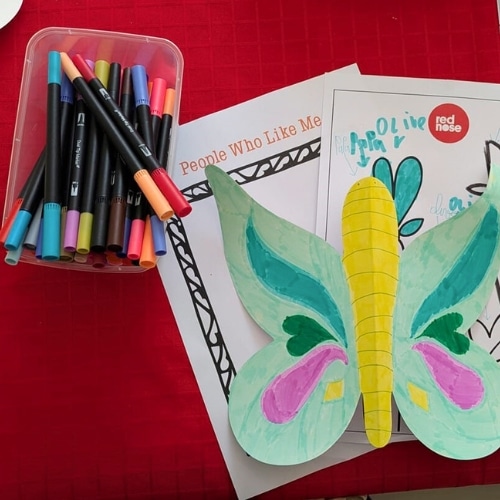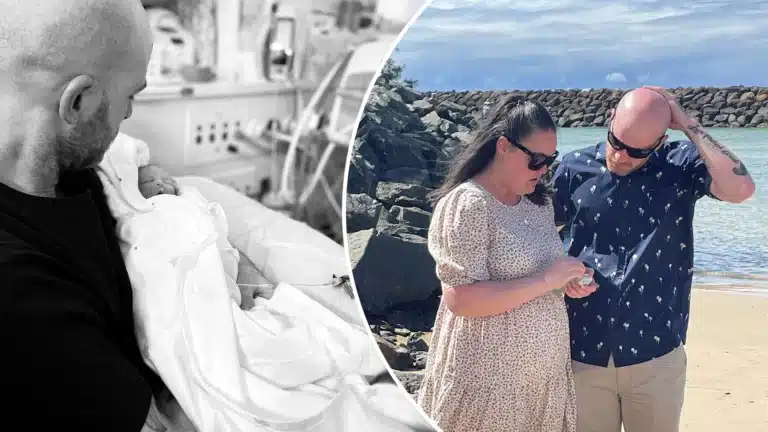Next to the death of a parent, the death of a brother or sister can be the most traumatic event to occur in a child’s life. When a child dies, most of the support from family and friends is focussed on the parents. Parents themselves are often so overwhelmed by their loss they can barely help themselves get through the day, let alone support their children.
Automatic pilot
It must seem like an almost impossible task to show children that life, although changed, goes on when one’s own grief is overwhelming – yet, it is important to try to maintain a routine and to keep things familiar so that your child can see that life is secure and predictable.
What others who have experienced something similar have said
“We were in limbo. We went to the Royal Children’s Hospital with Molly. After a while we knew we had to get back to the boys. We needed to be there for them. You go into autopilot for a while.” (Jill)
“The shock is so severe that you act normal. There are blind reactions, panic, but to all the world you are acting normal.” (Alex)
“I was in such a state. When I bathed Hannah, for example, I wasn’t really ‘with her’. When the next Medicare card came, Samuel’s name wasn’t on it. I slid down the wall sobbing. Hannah came to me and patted my back and said ‘It’ll be alright, Mummy.’ Sometimes I felt that Hannah was the adult. I’d be sobbing into a pillow and Hannah would come to the bedroom door and say ‘Stop it’.” (Jenny)
“I handled the kids’ grief badly. We were desolate and could give nothing to the kids. I remember I sent Linda to school without a cardigan. It was a cold day, but I couldn’t even think. Our family’s structure just fell apart. Ryan was a perfectly healthy little boy. It was totally unexpected. I was devastated. I collapsed after Ryan died. I couldn’t deal with it. I just tried to keep up the routine. I didn’t want to answer all of the kids’ questions. And I didn’t want them to be hurt by this tragedy. In hindsight, I didn’t support the kids well. There was very little around to help them. Given what I knew then, I don’t think I could have done it differently.” (Jo)
Kids come first
What others who have experienced something similar have said
“Amidst this overwhelming sadness you have to keep going and keep doing things. You have to keep their routines going. I would have loved some time to myself, but with kids you can’t have that.” (Jill)
“Dean was 5 and about to start school. Adam was 3 and about to start kinder. I put all of my energy into supporting the boys. I didn’t seek any support for myself (although I should have). I didn’t want my boys to be mentally scarred.” (Sharon)
Guilt feelings
What others who have experienced something similar have said
“You do worry about your other children. In those early days, I said to myself ‘I’m never going to yell at them again.’ But of course you do. And then you feel shocking.” (Jill)
“I still hate the fact that she suffered all that time. It is horrible for a small child to go through something like that.” (Jenny)
“You wonder, don’t you, what we have done to their innocence.” (Jill)
“I felt terribly guilty that all these kids have been affected. Not only Jacob, but all the kids who knew Lewis.” (Kath)
“A few weeks after Samuel died, Hannah spilt a drink of milk. I went ballistic! I smashed the bedroom up. I was hyperventilating. Hannah came to the door and said ‘I’m sorry I spilt my drink.’ I was shattered. I tried to explain that it was Samuel’s death, and not the spilt drink, that had made me so upset.” (Jenny)
“My Mum came and she was holding Molly. The boys crowded around her but they didn’t hold Molly. I regret that now, but I didn’t know any different then.” (Jill)
Over-protectiveness
Having experienced one tragedy, you may be tempted to ‘spoil’ your children; both those you already have and the ones that come later. You may also be extra fearful for their wellbeing. These fears, which may lead you to be over-protective and anxious in your relations with your children, are quite natural.
“I’m over-protective to a degree. I still check their pulses and they are teenagers.” (Jill)
“I always check to see they are breathing.” (Kath)
“I tell the boys that they can ride their bikes only in one area. Dean says, ‘I know you worry, Mum. It’s because of Jared.’” (Sharon)
“As Kyle is the only surviving child, he is aware of how I worry about him. I can be really open with him now. Much more than when he was little.” (Jo)
“I think the older they get, they begin to understand why we are like that.” (Jo)
1. Bereaved Parents & SIDS and Kids. (2005). What About the Other Kids? A Booklet by and for Parents of Children whose Brother or Sister has Died (D. Same, Com., M. Bannan, A. Faulkner, J. Foong, S. Foong, J. Frisina, L. Green, R. Green, …& H. Wilson, Illus.). Malvern, Vic.: SIDS and Kids.
Red Nose is committed to supporting families navigating the complexities of the loss of a baby or child. To access our specialised bereavement support including: counselling, peer support programs, support groups, and resources tailored to individual needs, click here.

Did you find this helpful?
Good job! Please give your positive feedback
How could we improve this post? Please Help us.



